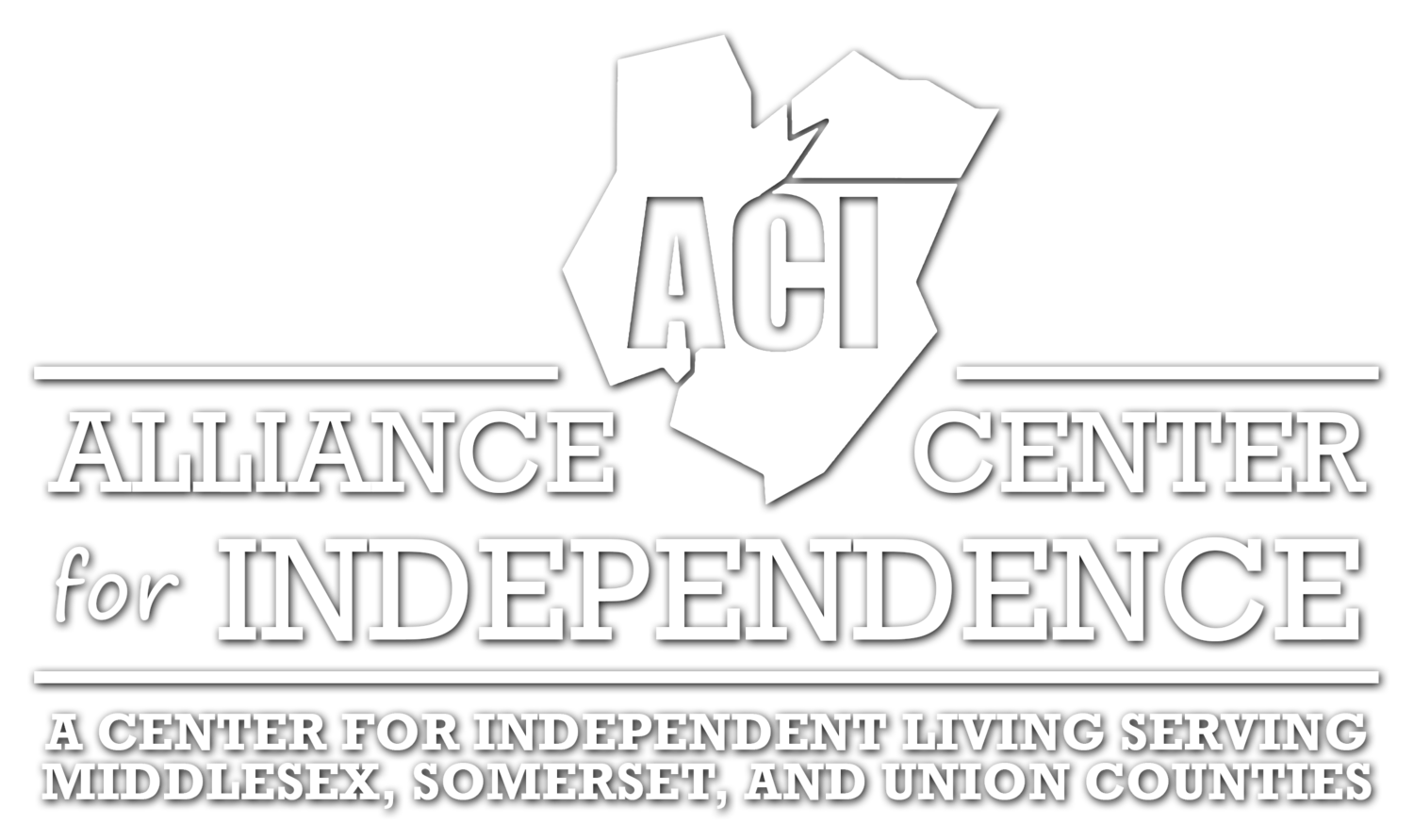Written by Ethan B. Ellis.
I just completed an online survey asking my priorities for the newly elected majority in the House of Representatives. It was pretty long.
I could have checked off women’s rights and I did.
I could have checked off LGBQ rights and I did.
I could have checked off voting rights and I did.
I could have been for health care for all, campaign finance reform, a living wage, gun control, rebuilding our infrastructure, reducing income inequality, ending war and a whole lot more and I was - and am.
But there was no place check off disability rights on that agenda.
I also got hundreds of fundraising emails before the election. They all wanted my money and many used surveys to get it. I could be for everything good and against everything bad, but I COULDN’T BE FOR DISABILITY RIGHTS, MY OWN RIGHTS!
Why? Because people with disabilities aren’t even in the game. To be in the game, not only do we have to get out our voters, the candidates have to know that we did and how many we got out. It’s their way to measure our electoral clout and what they owe us.
Now they have no way of identifying and quantifying how many of us vote as a group, if we do. While other groups they want to appeal to - other minorities, blue and white collar workers - often vote alike, live in the same neighborhoods and are subjects of exit polling, we are scattered thinly throughout the population and don’t vote in sufficient numbers at any one polling place to warrant exit polling, although we have asked for it.
Also, less of us vote because of a candidate’s record or views on disability issues. While we brag about being a big and potentially powerful minority, 54 million plus or 19%, according to the census, that number shrinks when measuring who’s votes are based on our issues.
6% of the 19% that have a minor disability, like a missing finger, don’t identify with us. The 3 most common causes of disability are heart disease, cancer and bad backs. Most of them think of themselves as sick, not as having a disability. Fully half of the 54 million acquired disabilities after 65 and identify as seniors, not people with disabilities. Because these groups overlap, we don’t have an accurate way to count who’s left for us to recruit from, but my guess it’s considerably less than 9% or 5 million.
Spread across a country of 325 million, that’s not going to make a politician do what we want. What we’ve gotten has dwindled since the 1980s, with the exception of the ADA, which we got through direct action, not through the ballot box. Otherwise, studies show that, like others that are discriminated against, most of us are worse off now than we were then and the current Administration threatens to make it even worse. It's already started in its first two years.
Other groups fighting for social justice have also lost ground since the 1980s and face a crisis now. They are banding together to support one another’s causes in what they call intersectionality. I’ll look at how the Disability Movement can join them next.
DISCLAIMER: The views expressed by this author, are the views of the author only. The views expressed in this article do not represent the views of the Alliance Center for Independence/REV UP New Jersey, its staff or board. ACI and REV UP NJ are non-partisan, not for profit 501 (c) (3) organizations, and do not endorse any candidate for political office or political view point.




